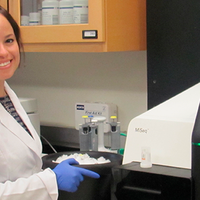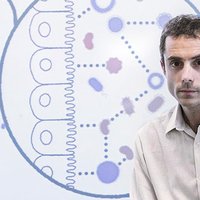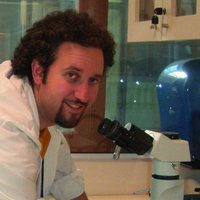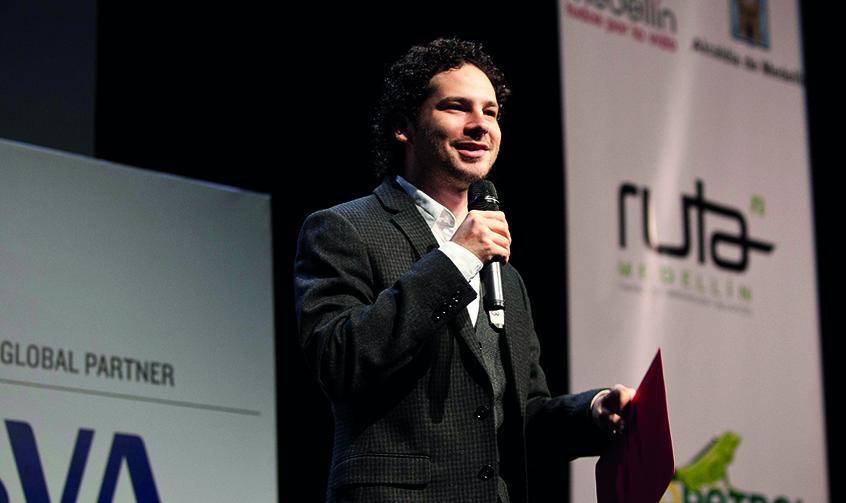Biotechnology & medicine
Daniel Cuartas Quiceno
He has designed a pupil tracker which helps persons with reduced mobility to control their surroundings

Global
Amos Winter
Some problems aren’t apparent until you ask.

Latin America
Martha Malapi
She has designed biotechnological tools to improve control of agricultural pathogens.

Europe
Bernat Ollé Pocurull
A Pill Filled with Bacteria Instead of Drugs

Latin America
Andrés Klein
He has devised a new strategy to predict the progression of Gaucher's disease
